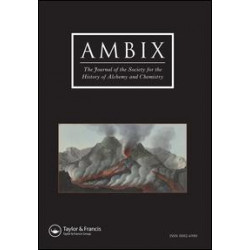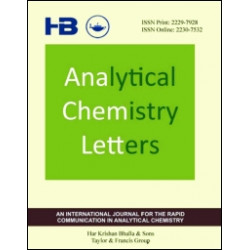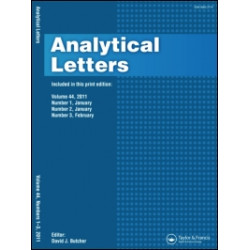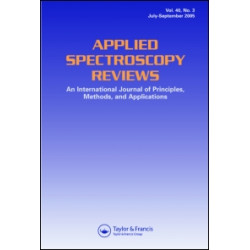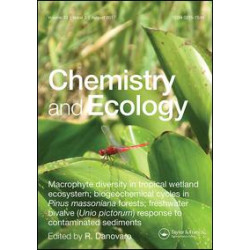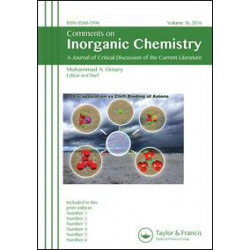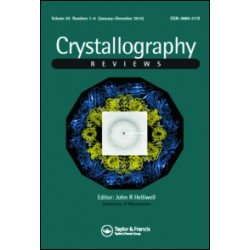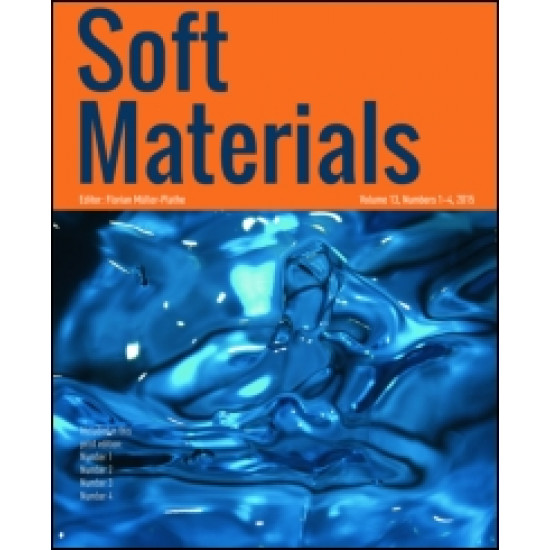
Soft Materials
Providing a common forum for all soft matter scientists, Soft Materials covers theory, simulation, and experimental research in this rapidly expanding and interdisciplinary field. As soft materials are often at the heart of modern technologies, soft matter science has implications and applications in many areas ranging from biology to engineering.
Unlike many journals which focus primarily on individual classes of materials or particular applications, Soft Materials draw on all physical, chemical, materials science, and biological aspects of soft matter. Featured topics include polymers, biomacromolecules, colloids, membranes, Langmuir-Blodgett films, liquid crystals, granular matter, soft interfaces, complex fluids, surfactants, gels, nanomaterials, self-organization, supramolecular science, molecular recognition, soft glasses, amphiphiles, and foams.
Truly international in scope, Soft Materials contains original research, invited reviews, in-depth technical tutorials, and book reviews.
Peer Review Policy
All submitted manuscripts are subject to initial appraisal by the Editor, and if found suitable for further consideration, will be peer-reviewed by independent and anonymous expert referees. All peer review is single blind and submission is online via https://mc.manuscriptcentral.com/softmaterials
Publishing Ethics Statement
The Journal adheres to the highest standards of publishing ethics, with rigorous processes in place to ensure this is achieved. Taylor & Francis is a member of Committee of Publication Ethics (COPE) and utilizes Similarity Check via CrossRef for all journals. More information on our ethical standards and policies can be found here: http://authorservices.taylorandfrancis.com/ethics-for-authors/.
The Journal has an appeals and complaints policy which can be viewed here: https://authorservices.taylorandfrancis.com/peer-review-appeals-and-complaints-from-authors/.
Publication office: Taylor & Francis Group, 530 Walnut Street, Suite 850, Philadelphia, PA 19106
Unlike many journals which focus primarily on individual classes of materials or particular applications, Soft Materials draw on all physical, chemical, materials science, and biological aspects of soft matter. Featured topics include polymers, biomacromolecules, colloids, membranes, Langmuir-Blodgett films, liquid crystals, granular matter, soft interfaces, complex fluids, surfactants, gels, nanomaterials, self-organization, supramolecular science, molecular recognition, soft glasses, amphiphiles, and foams.
Truly international in scope, Soft Materials contains original research, invited reviews, in-depth technical tutorials, and book reviews.
Peer Review Policy
All submitted manuscripts are subject to initial appraisal by the Editor, and if found suitable for further consideration, will be peer-reviewed by independent and anonymous expert referees. All peer review is single blind and submission is online via https://mc.manuscriptcentral.com/softmaterials
Publishing Ethics Statement
The Journal adheres to the highest standards of publishing ethics, with rigorous processes in place to ensure this is achieved. Taylor & Francis is a member of Committee of Publication Ethics (COPE) and utilizes Similarity Check via CrossRef for all journals. More information on our ethical standards and policies can be found here: http://authorservices.taylorandfrancis.com/ethics-for-authors/.
The Journal has an appeals and complaints policy which can be viewed here: https://authorservices.taylorandfrancis.com/peer-review-appeals-and-complaints-from-authors/.
Publication office: Taylor & Francis Group, 530 Walnut Street, Suite 850, Philadelphia, PA 19106
₹97,029.91







